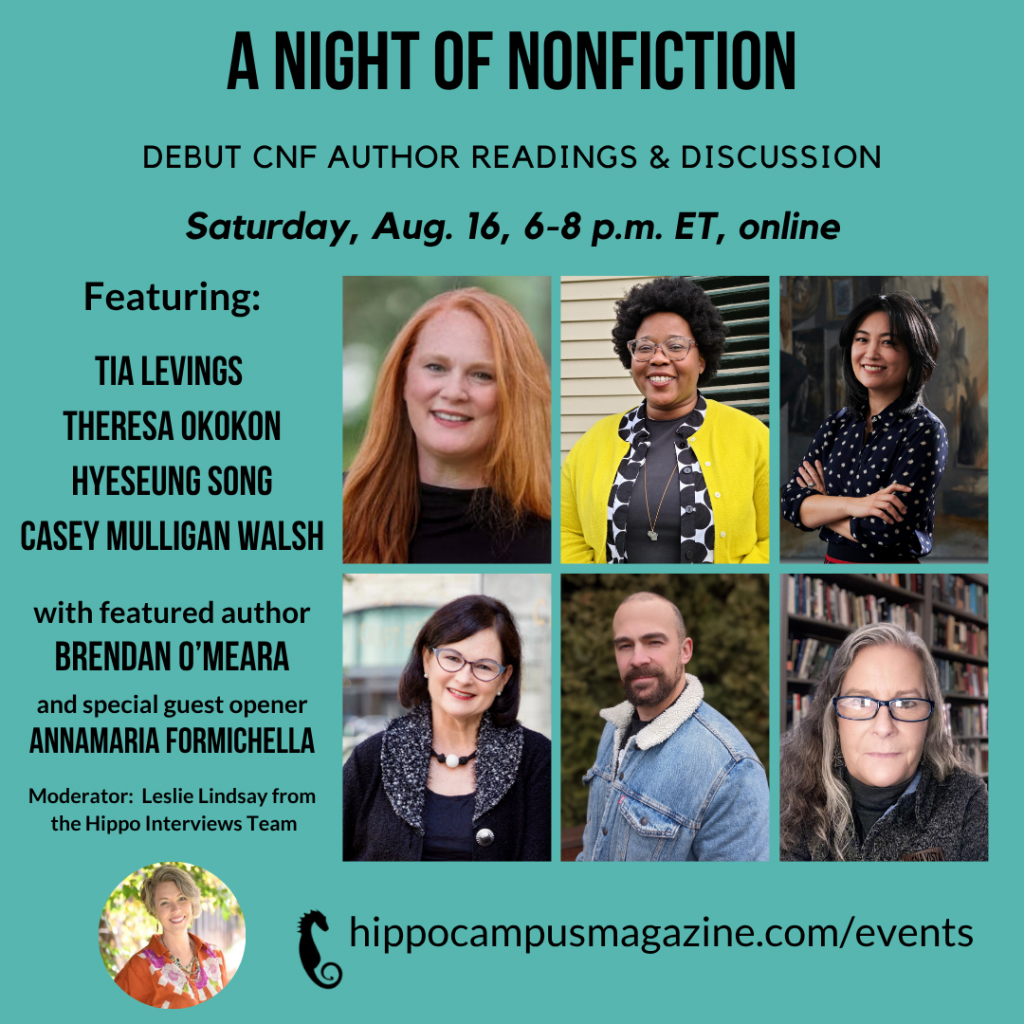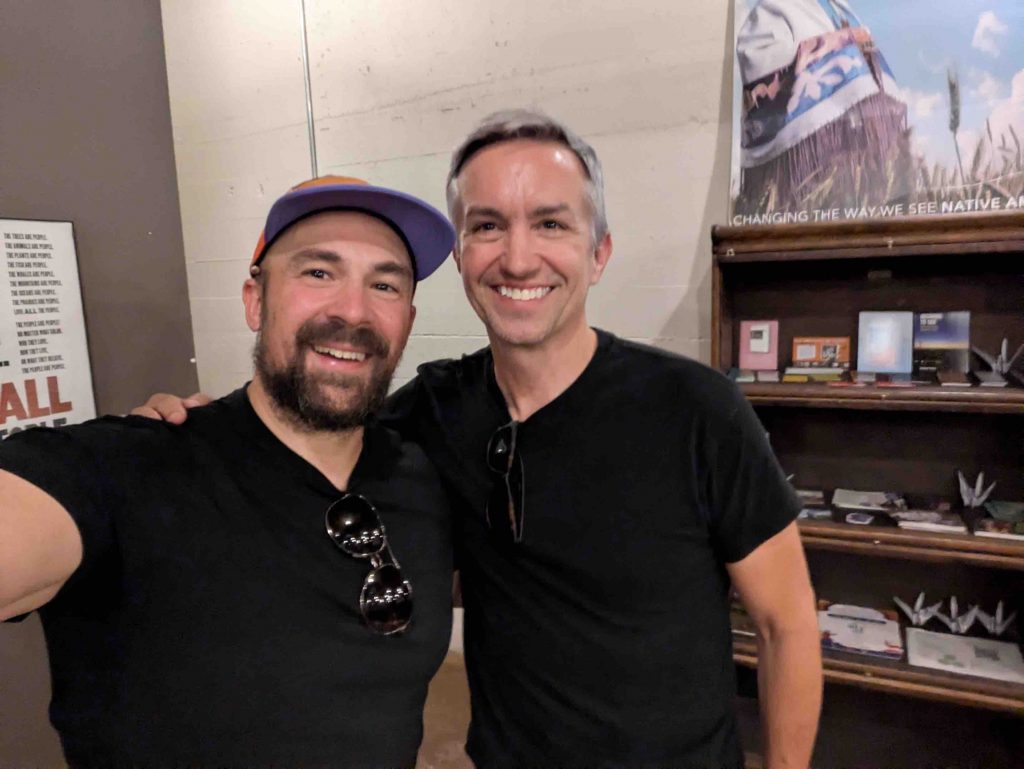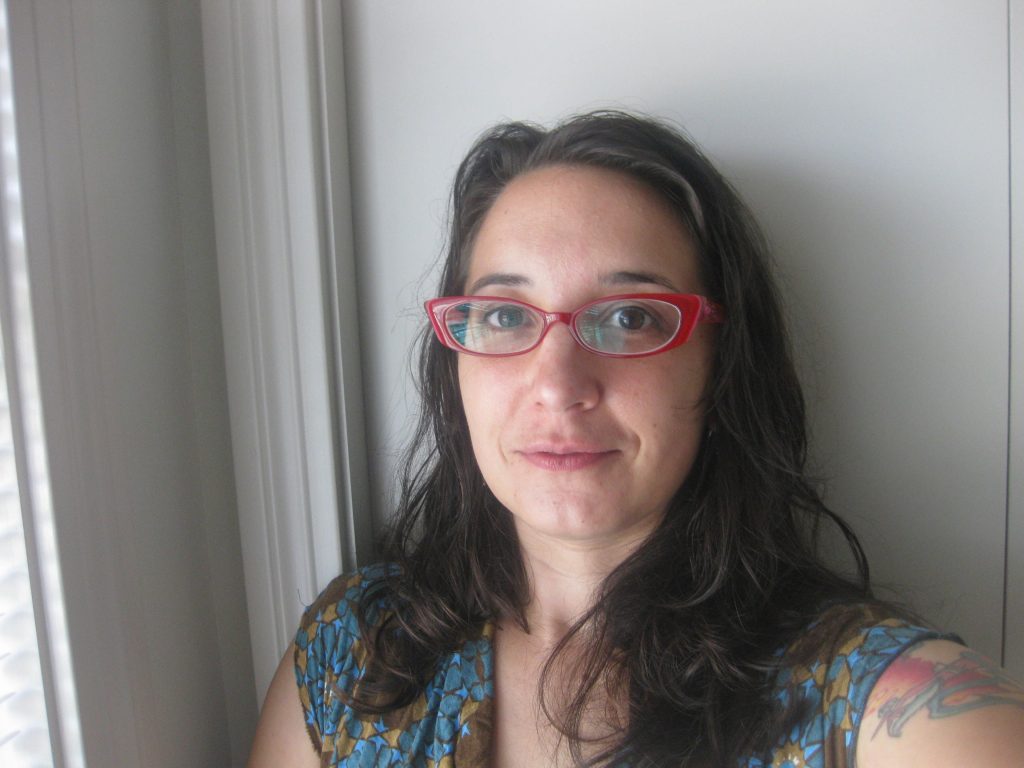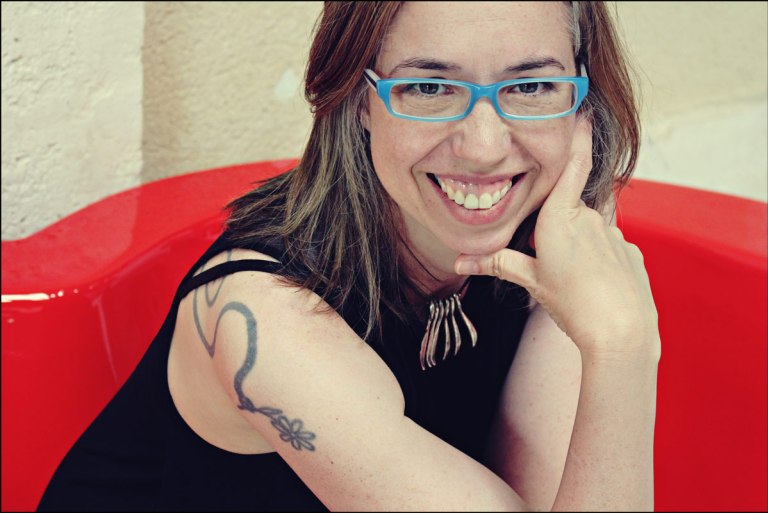View on Zencastr
Become a Patron!
Listen on Apple Podcasts, Spotify, YouTube, or wherever!
Personal News and/or Shoutouts for Pals
Hey CNFers, The Front Runner is officially out. I like to think I don’t ask for much, but now is the time buy a copy or three and, if you read it, you know the drill, need ratings and reviews. I won’t read them because I don’t want to be driven insane, but that’s the world we live in: ratings and reviews. Your call to action to support the book, me, and ye ol’ CNF Pod. If you’re still on the fence, and why would you be, there’s an excerpt of the book over at Lit Hub. Dig it.
Saturday, August 16, 6-8 p.m. ET, I’m the featured author for this event. It’s free!

I also started what’s proving to be a pretty popular venture called Pitch Club. It’s at welcometopitchclub.substack.com and I have a writer audio annotate a pitch. It’s tactical and it’s practical. It’s going to help you get where you want to go.
“Listening to podcasts, it’s like, how do I start making them? That’s been my approach, essentially try and take that beginner mindset into anything and try to teach myself new skills.” — Mark Armstrong
Link to a mostly accurate transcript for Ep. 481.
Who do we have today? It’s Mark Armstrong! He is a producer, a writer, a singer, working at the intersection of storytelling and digital media. Does that make him intersectional? Hell,yes.
Mark is the founder of Longreads, the hashtag phenomenon back when social media was cool. Now he’s the editor of the Nieman Storyboard, which is where all we narrative journalists go to get jealous of one another. No, no, I kid, I kid.
He hosts the Nieman Storyboard podcast and he’s also the co-founder of Ursa Story Company that he creative with Dawnie Walton and Deesha Philyaw. Intersectional, indeed.
Mark is a pretty rad guy, great guy. He was one of the five people in the audience for my book event in Seattle. I tell you, five people in a room made for 100 is … upsetting, but he was so generous to come by. We got our picture taken together.

In this episode we talk about:
- Beginner’s mindset
- Trying new things just to fuck around
- The importance of a host’s curation
- Why he started the Nieman Storyboard Podcast
- And the myriad ways we as journalists can try to make a buck
It’s some nice dialogue here. A real conversation. You can learn more about Mark at markarms.com and follow him on Instagram @markarms.
CNFin’ Snippets TK
“You get this compliments from people saying, keep going, and you’re just struggling to keep moving and slogging ahead. And I think ultimately, the thing that keeps you going is just your own enjoyment of the process and your own enjoyment of the work and trying to not let external forces impact you one way or the other.”
“My children introducing me to TikTok. The thing I appreciate about being on TikTok is it wasn’t like, how do I monetize this? ‘like, there’s just like, oh,’Oh, this is a fun place.’ And so I think it was kind of coming back to that too. It’s like, okay, where are the places where you can find joy on social media, are there still pockets of that?”
“So we’re just a handful of episodes in [Nieman Storyboard Podcast], but it’s just been a wonderful experience so far, Erica Hayasaki was our first guest, Kim H. Cross, who’s amazing. So Longreads was a lot of introduction into narrative nonfiction and essays, and Ursa has been a lot in the realm of short stories, short fiction. And so with Storyboard I’m eager to explore storytelling in a lot of different forms and genres and formats. So not just like classic narrative nonfiction, but also podcasting, audio storytelling, and all the ways that that takes shape, social media, documentary filmmaking, things like that.”
“With storyboard, it is very much craft focus, like on the craft of reporting and writing. And so I want to dig into their archive of work. And I also want to lead with the work and and, at least in the early days, I’ve been really focusing on, finding one story that we can break down and get to really nerd out at the sentence level about different stuff.”
“So not just assuming that everyone can be a full time staffer with endless money and resources, and let’s talk about the craft of how they did it, but like, how to make journalism work if you are freelance, if it is not your day job. I think those are important questions. Like at the end of it, I still want to focus on the things that journalists control in their daily work, which is the craft, which is the reporting and writing, but I do want to help present a realistic picture of what it’s like to practice journalism.”
“I’ve always worried about this idea of journalism, or to be a journalist, is kind of this priesthood, people saying I’ve had to leave journalism. People don’t say they had to leave marketing.”
“There’s a lot of guilt and shame for people who’ve worked in journalism, and the industry cannot make it work for them in terms of a living wage or a sustainable career or something that doesn’t burn you out after a certain period of time.”
Mark’s Rec
Take voice lessons, with a special shoutout to Sophie Said. Also, check out Beth Roars!
Parting Shot: On Submitting My Mini-Book Proposal and the Need to Keep Going
The book panics are back … yeah … why? How? I tell you why and how … I’m in the throes of the next book proposal, which thankfully doesn’t have to be nearly as robust as The Front Runner was. That said, can’t skimp.
I submitted a draft of a little more than 2,000 words to my agent, so the process is starting to feel a bit more real, though not secured quite yet. I mean, I hope it will, you know? Good chance I won’t hear back from my agent for a couple weeks. That’s the nature of our relationship. But I learned from the last one that I mustn’t wait for her feedback before I proceed.
I’m getting pretty well sourced up, enough that I’m confident in my mini-proposal, but I wasted SO MUCH TIME — weeks at a time — for the Prefontaine proposal between feedback and more research/sourcing. I’ve said this before but I think it cost me six months, six months I mourn to this day. So while I await the brutal feedback, I’m going to keep making calls, keeping building out the sourcing. I’d like to speak with ten more people by the time she gets back in touch with me. That’ll bring my catalog of sources into the 20s and I’ve barely gotten started. I could also split my time between getting the some articles cataloged as well.
Point being, you need to be a perpetual motion machine. I see this next book having upwards of 1,000 sources, or at least close to that because of the scope of the subject. At some point enough is enough, but biography often is a numbers game: quantity leads to quality, and I don’t have an anniversary deadline to hit. That said, I also don’t want to spend more than 3-4 years on a book. After that much time I’d run the risk of self harm.
In the waiting, you gotta stay in motion, you gotta keep moving forward with the project. Building that book of sources is vital. If I can come back to my agent after the revisions and say I’ve got another 10-15 interviews done that’ll be huge. For someone like me who isn’t a famous sports writer who’s plugged into a major sport, proving my sourcing is key. Someone like me needs 10 times more sources than someone with a greater reputation and a greater body of work.
This next book is a big jump in class, so to speak, and I don’t work for a major news outlet or magazine, so I come in as kind of a jabroni, I come in like the Mayor o’ Dunkin, you talkin’ about?
There’s a lot going on, you know? I mean, you have a lot going on, too. Lots of BIG-ASS books to read and so little bandwidth. The podcast seems to somehow be taking me more time, which is fine, but it’s like. … it doesn’t pay, right? Not directly … Imagine spending 20 hours a week on something that doesn’t pay out that time, you know? It’s fine. I realize that as long as you remain a subscriber, I can leverage a growing platform into book contracts or speaking, which grows the platform, which makes me more attractive to publishers. Dude, it’s all about platform. I don’t just mean social media, cuz that’ll drive you insane, but if you’re not cultivating your platform you’re dying. Sad but true, especially in the nonfiction space. The best time to build a platform was 20 years ago, the next best time is now. It’s a lesser known Chinest proverb.
So the book panics came back this week. Couple nights, up at 1:30, 2:30 a.m. Can you find the new material? Can you find the narrative? Will the central figures run interference? Will you even be able to secure a contract again? I need a name for my book panics so I can just say, “Hey, Dipshit, leave me alone, go back to sleep.” Should it be The Mind Flayer? Vecna? Smeagol? Balrog? Maybe I’ll put a poll up in the Spofity feed or the newsletter?
Many Moons Ago
400 Episodes Ago
Google as Religious Experience and Trusting Self-Doubt with Rachel Wilkinson
300 Episodes Ago
200 Episodes Ago
Susan Orlean Tackles Ledes, Generating Story Ideas, and ‘On Animals’

